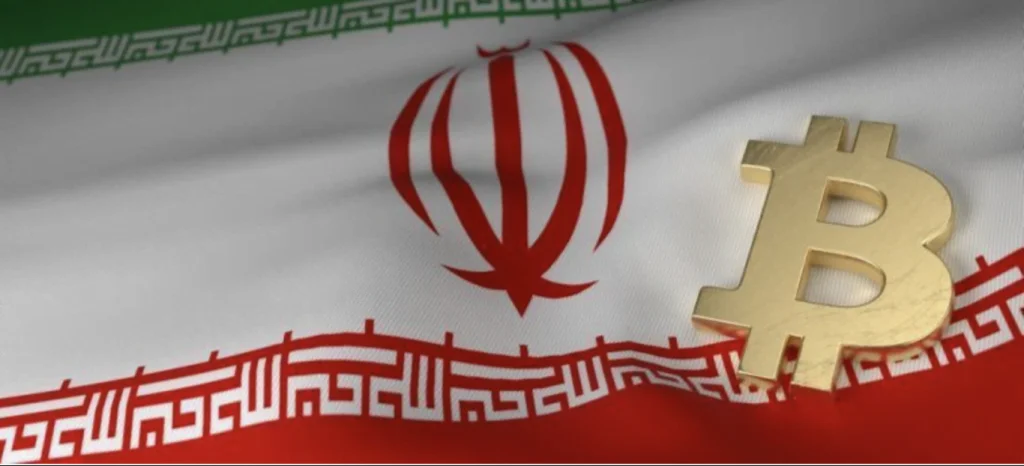As authorities seemed to be aiming to build a legal framework for individuals to exclusively utilize crypto from state-licensed mining operations for payments, this approach might outlaw all foreign-mined cryptocurrencies.

The Iranian Parliament Commission on Economy has proposed a new measure that intends to restrict the usage of cryptocurrencies in the state while also providing a clearer legal framework for miners.
As shown in a report from the Tasnim News Agency on Friday, parliamentarians have developed a bill titled “Support for cryptocurrency mining and organizing the domestic market for exchanges,” which was first mentioned by the country’s parliament on June 23.
If approved, the measure could make Iran’s central bank the country’s regulatory body for cryptocurrency exchanges.
All cryptocurrencies, with the exception of a “national” one — ostensibly a central bank digital currency or tokens issued in the private sector — might be forbidden from being used for payments within Iran under the bill.
The statement could, however, be referring to cryptocurrency mined by licensed businesses in Iran, given the Central Bank of Iran is a licensed entity.
The Bank of Iran has stated that it is working to ensure that all digital currencies traded in the country are mined on Iranian farms.
The new framework would also put crypto mining under the regulatory control of the Ministry of Industry, Mine, and Trade, enabling it to issue farm licenses.
Accredited mining corporations with partial or complete control of a power station could apply to the Energy Ministry of the country to sell any excess electricity.
Since 2019, crypto mining as an industrial activity has been legal in Iran, as long as miners are registered and regulated appropriately. Iranian President Hassan Rouhani, on the other hand, said in May that mining operations would be banned until September.
As the country faces increased demand for electricity during the summer months, authorities appear to be ratcheting up their raids on unlicensed miners tapping into the power grid.
At a meeting of his cabinet’s Economic Coordination Board in June, Rouhani emphasized that legalizing bitcoin was necessary to defend and promote the country’s interests.
The president proposed a collaborative study of capital markets and news agencies to develop a legal framework for cryptocurrencies.
